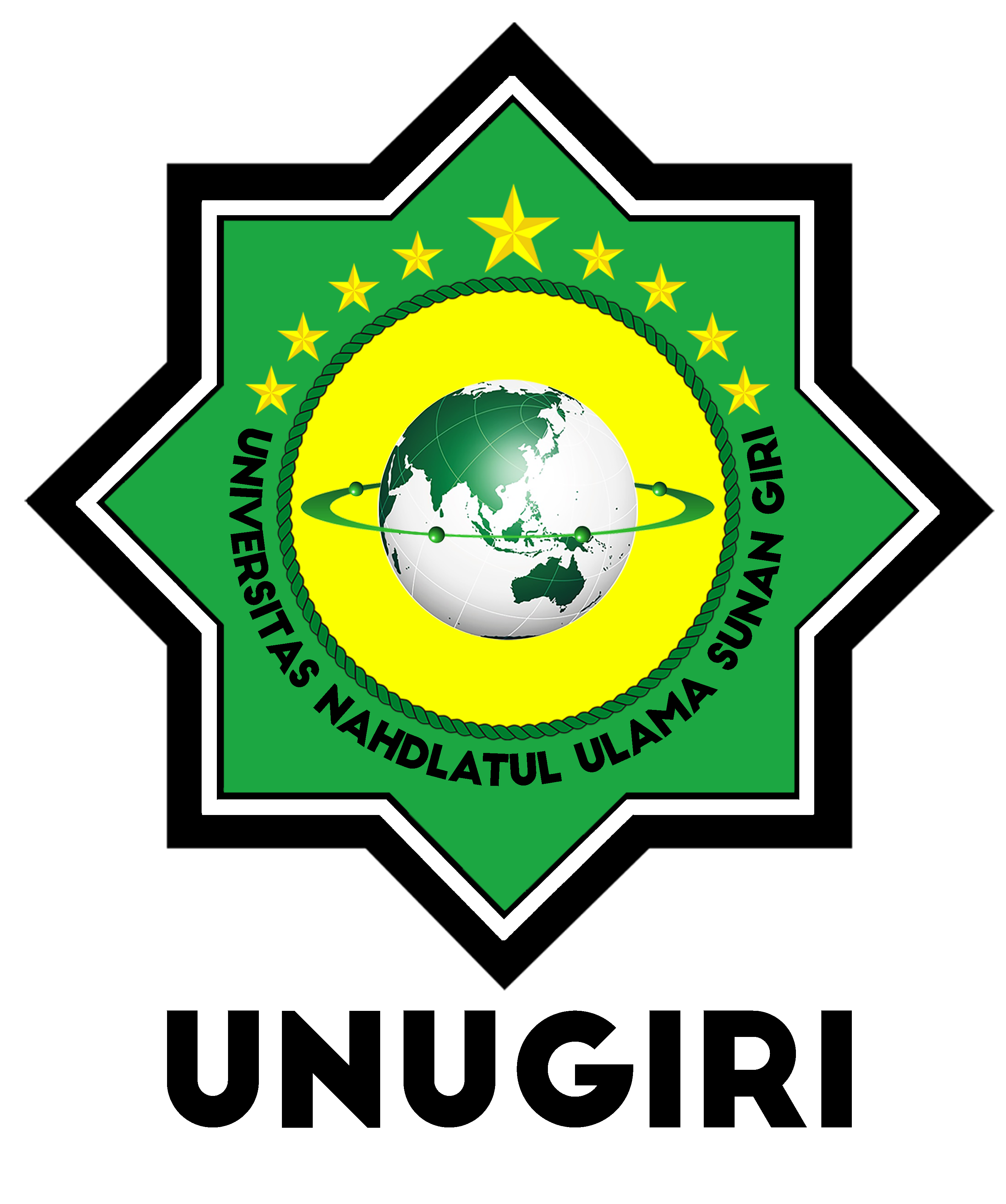UMKM Jawara : Model Pendampingan Terintegrasi Pentahelix dalam Peningkatan Kapasitas Legalitas dan Daya Saing UMKM Pangan, Kosmetik, dan Obat Tradisional di DKI Jakarta

DOI:
https://doi.org/10.32665/jarcoms.v4i3.5191Keywords:
MSMEs, Pentahelix Model, Integrated Mentoring, Product Legality, Business competitiveness, Good Manufacturing Practice, UMKM, Model Pentahelix, Pendampingan Terintegrasi, Legalitas produk, Daya Saing Usaha, Cara produksi Pangan Olahan yang BaikAbstract
Rendahnya legalitas dan daya saing UMKM pangan, kosmetik, dan obat tradisional di DKI Jakarta masih menjadi tantangan dalam peningkatan kapasitas ekonomi masyarakat. Selama ini, program pendampingan UMKM seringkali bersifat sektoral, terfragmentasi, dan hanya berfokus pada aspek produksi, sehingga kurang efektif dalam menjawab permasalahan sistemik. Berbeda dengan program pendampingan UMKM sebelumnya yang bersifat sektoral, UMKM Jawara menawarkan model pentahelix dengan sinergi 5 aktor (pemerintah, akademisi, bisnis, komunitas, media), terintegrasi sistem digital, dan berbasis pendamping lokal (JakOfficer) sebagai strategi berkelanjutan. Program ini dilaksanakan dalam tiga fase: (1) mobilisasi multistakeholder, (2) penguatan kapasitas (pelatihan GMP 72 jam, bimbingan digital bersama e-commerce, fasilitasi pengujian gratis), dan (3) pendampingan berkelanjutan oleh 700 JakOfficer. Evaluasi menggunakan instrumen digital terpadu (I-Jedar, Si-Doel, Si-Pitung) menunjukkan hasil signifikan: penerbitan 2.062 nomor izin edar, peningkatan kepatuhan sarana produksi dari 85% (2019) menjadi 97,67% (2024), pertumbuhan ekonomi UMKM terdamping >200%, serta peningkatan Indeks Kepuasan Pelaku Usaha (IKEPU) dari 85,18% (2020) menjadi 97,94% (2024). Simpulan studi membuktikan efektivitas model pentahelix dalam meningkatkan legalitas dan daya saing UMKM melalui pendekatan kolaboratif, pendampingan teknis berkelanjutan, dan insentif reputasi (UMKM Awards). Keberlanjutan inovasi ini dijamin dengan alokasi anggaran Rp365 miliar (2023–2026) serta integrasi kebijakan strategis.
References
Adaku, A. A., Egyir, I. S., Gadegbeku, C., Kunadu, A. P.-H., Amanor-Boadu, V., & Laar, A. (2024). Barriers to ensuring and sustaining street food safety in a developing economy. Heliyon, 10(11), e32190. https://doi.org/10.1016/j.heliyon.2024.e32190
Ayyagari, M., Demirguc-Kunt, A., & Maksimovic, V. (2014). Who creates jobs in developing countries? Small Business Economics, 43(1), 75–99. https://doi.org/10.1007/s11187-014-9549-5
Ba, Y., Nair, S., & Kedia, M. (2024). Cross-sector collaboration, nonprofit readiness, and sustainability transitions. Environmental Innovation and Societal Transitions, 53, 100933. https://doi.org/10.1016/j.eist.2024.100933
Bonina, C., Koskinen, K., Eaton, B., & Gawer, A. (2021). Digital platforms for development: Foundations and research agenda. Information Systems Journal, 31(6), 869–902. https://doi.org/10.1111/isj.12326
BPS Provinsi DKI Jakarta. (2023). Profil Industri Mikro dan Kecil Provinsi DKI Jakarta 2023.
Cabrera, M., López-Leyva, J., Peris-Ortiz, M., Orozco-Moreno, A., Francisco-Sánchez, J., & Meza-Arballo, O. (2020). A framework of penta-helix model to improve the sustainable competitiveness of the wine industry in Baja California based on innovative natural resource management. E3S Web of Conferences, 167, 06005. https://doi.org/10.1051/e3sconf/202016706005
Cairns, I., Southern, A., & Whittam, G. (2024). Collective entrepreneurship in low-income communities: The importance of collective ownership, collective processes and collective goods. International Small Business Journal: Researching Entrepreneurship, 42(3), 335–364. https://doi.org/10.1177/02662426231197939
Chanza, A. W. D., Snelgar, R. J., & Louw, G. J. (2013). The motivational value of rewards amongst Malawi’s health professionals. SA Journal of Human Resource Management, 11(1). https://doi.org/10.4102/sajhrm.v11i1.517
Dinas PPKUKM DKI Jakarta. (2023). Rencana Strategis Dinas Perindustrian, Perdagangan, Koperasi, Usaha Kecil dan Menengah Provinsi DKI Jakarta 2023-2026. In Sustainability (Switzerland) (Vol. 11, Issue 1). http://scioteca.caf.com/bitstream/handle/123456789/1091/RED2017-Eng-8ene.pdf?sequence=12&isAllowed=y%0Ahttp://dx.doi.org/10.1016/j.regsciurbeco.2008.06.005%0Ahttps://www.researchgate.net/publication/305320484_SISTEM_PEMBETUNGAN_TERPUSAT_STRATEGI_MELESTARI
Du, J., Li, J., Liang, B., & Yan, Z. (2025). Optimizing Sustainable Entrepreneurial Ecosystems: The Role of Government-Certified Incubators in Early-Stage Financing. Sustainability, 17(9), 3854. https://doi.org/10.3390/su17093854
Eravia, D., Handayani, T., & Julina. (2015). The Opportunities and Threats of Small and Medium Enterprises in Pekanbaru: Comparison between SMEs in Food and Restaurant Industries. Procedia - Social and Behavioral Sciences, 169, 88–97. https://doi.org/10.1016/j.sbspro.2015.01.289
Folke, C., Hahn, T., Olsson, P., & Norberg, J. (2005). ADAPTIVE GOVERNANCE OF SOCIAL-ECOLOGICAL SYSTEMS. Annual Review of Environment and Resources, 30(1), 441–473. https://doi.org/10.1146/annurev.energy.30.050504.144511
Gao, J., Siddik, A. B., Khawar Abbas, S., Hamayun, M., Masukujjaman, M., & Alam, S. S. (2023). Impact of E-Commerce and Digital Marketing Adoption on the Financial and Sustainability Performance of MSMEs during the COVID-19 Pandemic: An Empirical Study. Sustainability, 15(2), 1594. https://doi.org/10.3390/su15021594
Ketata, I., Sofka, W., & Grimpe, C. (2015). The role of internal capabilities and firms’ environment for sustainable innovation: evidence for G ermany. R&D Management, 45(1), 60–75. https://doi.org/10.1111/radm.12052
Lyons, T. S. (2015). Entrepreneurship and community development: what matters and why? Community Development, 46(5), 456–460. https://doi.org/10.1080/15575330.2015.1085194
Manning, L., & Soon, J. M. (2016). Food Safety, Food Fraud, and Food Defense: A Fast Evolving Literature. Journal of Food Science, 81(4). https://doi.org/10.1111/1750-3841.13256
Novela, I., Sawitri, H. S. R., Riani, A. L., Istiqomah, S., Suprapti, A. R., & Harsono, M. (2024). Digital Literacy on SME Business Performance and The Mediating Role of Entrepreneurial Skills. Jurnal Aplikasi Bisnis Dan Manajemen. https://doi.org/10.17358/jabm.10.3.847
Pemprov DKI Jakarta. (2025). Rencana Kerja Pemerintah Provinsi DKI Jakarta.
Prasanna, R., Jayasundara, J., Naradda Gamage, S. K., Ekanayake, E., Rajapakshe, P., & Abeyrathne, G. (2019). Sustainability of SMEs in the Competition: A Systemic Review on Technological Challenges and SME Performance. Journal of Open Innovation: Technology, Market, and Complexity, 5(4), 100. https://doi.org/10.3390/joitmc5040100
Rosalina, A. I., Rosydah, R., Satiti, R., & Anggraini, L. (2023). Pembinaan Usaha Mikro, Kecil dan Menengah Pangan Oleh Badan Pengawas Obat dan Makanan untuk Mendungukung Perkembangan Ekonomi. CAKRAWALA, 17(1). https://doi.org/10.32781/cakrawala.v17i1.444
Sangnak, D. (2025). Sustainable tourism development in Thailand: The role of agricultural tourism and government support for SMEs. Sustainable Futures, 9, 100782. https://doi.org/10.1016/j.sftr.2025.100782
Storti, C. C., & De Grauwe, P. (Eds.). (2011). Illicit Trade and the Global Economy. The MIT Press. https://doi.org/10.7551/mitpress/8919.001.0001
Wattanapinyo, A., & Mol, A. P. J. (2013). Ecological modernization and environmental policy reform in Thailand: the case of food processing SMEs. Sustainable Development, 21(5), 309–323. https://doi.org/10.1002/sd.506
Zhao, T., Li, T., Liu, D., & Luo, Y. (2024). The impact of food safety regulatory information intervention on enterprises’ production violations in China: a randomized intervention experiment. Frontiers in Sustainable Food Systems, 7. https://doi.org/10.3389/fsufs.2023.1245773
Zuhroh, D., Jermias, J., Ratnasari, S. L., Sriyono, Nurjanah, E., & Fahlevi, M. (2025). The impact of sharing economy platforms, management accounting systems, and demographic factors on financial performance: Exploring the role of formal and informal education in MSMEs. Journal of Open Innovation: Technology, Market, and Complexity, 11(1), 100447. https://doi.org/10.1016/j.joitmc.2024.100447
Downloads
Published
Issue
Section
License
Copyright (c) 2025 Journal of Research Applications in Community Service

This work is licensed under a Creative Commons Attribution-NonCommercial-ShareAlike 4.0 International License.
Penulis yang menerbitkan dengan jurnal ini menyetujui persyaratan berikut:
- Penulis memiliki hak cipta dan memberikan jurnal hak publikasi pertama dengan karya yang dilisensikan secara bersamaan di bawah Lisensi Atribusi Creative Commons yang memungkinkan orang lain untuk berbagi karya dengan pengakuan kepenulisan karya dan publikasi awal dalam jurnal ini.
- Penulis dapat membuat pengaturan kontrak tambahan yang terpisah untuk distribusi non-eksklusif dari versi jurnal yang diterbitkan dari karya tersebut (misalnya, mempostingnya ke repositori institusional atau menerbitkannya dalam sebuah buku), dengan pengakuan publikasi awalnya di jurnal ini.
- Penulis diizinkan dan didorong untuk memposting karya mereka secara online (misalnya, di repositori institusional atau di situs web mereka) sebelum dan selama proses pengiriman, karena dapat menghasilkan pertukaran yang produktif, serta kutipan lebih awal dan lebih besar dari karya yang diterbitkan
 PDF Download: 141
PDF Download: 141










